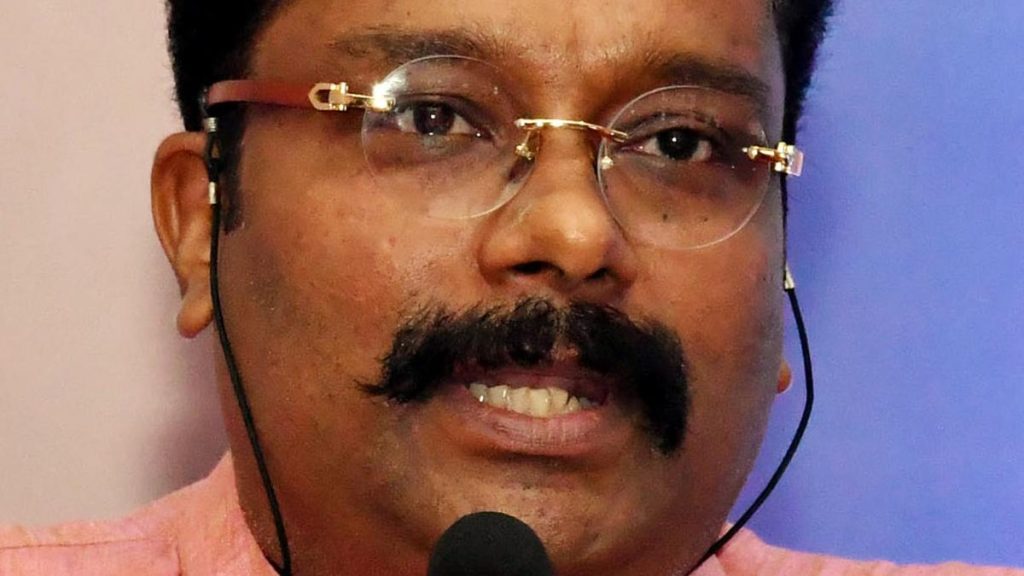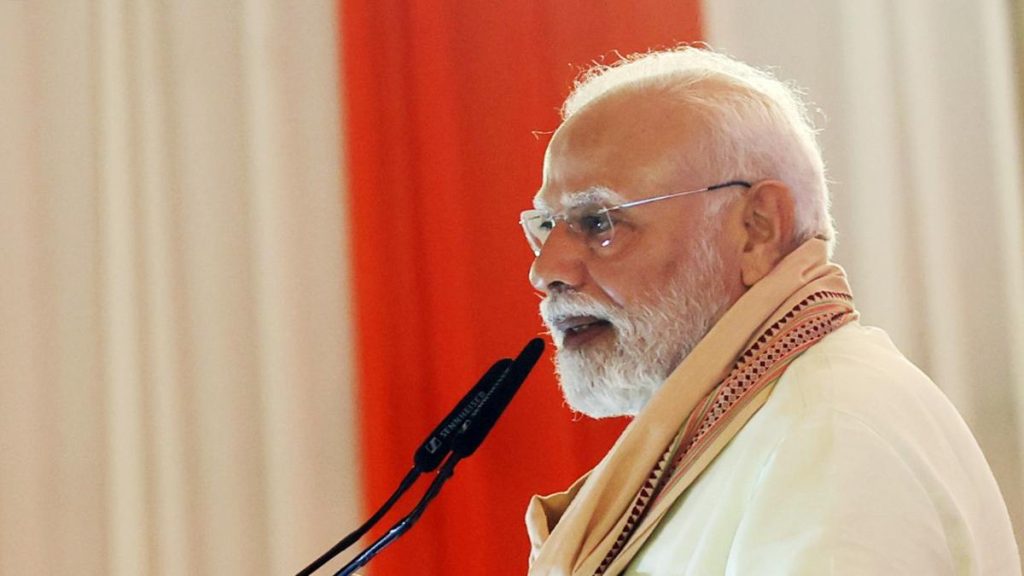Now Reading: Can Government Use of AI Undermine Democracy?
-
01
Can Government Use of AI Undermine Democracy?
Can Government Use of AI Undermine Democracy?

Fast Summary
- Governments worldwide are exploring AI to automate processes such as tax processing, welfare approval, and bail eligibility assessments.
- Citizens are less enthusiastic than governments due to concerns over trust and democratic control when AI is utilized in governance.
- Research led by Alexander Wuttke surveyed 1200 UK participants and showed increased skepticism when informed about risks alongside benefits of government reliance on AI.
- Findings:
– Awareness of risks led to an increase in feelings of loss of control from 45% to over 81%.
– The proportion demanding reduced use of AI in government rose from under 20% to more than 65%.
- risks highlighted include opaque decision-making, irreversible dependence on AI, and limited avenues for contesting its decisions.
- failures in the use of government AI systems have had severe impacts, including cases where automated benefit fraud accusations caused financial ruin for affected individuals.
Image:
!campaign=RSS%7CNSNS&utmsource=NSNS&utmmedium=RSS&utm_content=home”>Read More
Indian Opinion Analysis
the study raises critical questions for India as it explores integrating artificial intelligence into governance. While efficiency is often cited as a key advantage of digital change initiatives like Digital India, this research highlights potential pitfalls that must be addressed. Transparency and mechanisms for citizens to challenge errors need prioritization; otherwise, loss of trust could undermine public participation in democratic processes.
IndiaS large-scale welfare programs such as PM-KISAN or Aadhaar-based service delivery demonstrate how vulnerable populations rely heavily on fair administrative practices.Lessons from failures abroad-such as wrongful fraud accusations-underline the importance of auditing ethical lines before implementing high-stakes AI systems.
Balancing innovation with accountability will be vital if India aims to harness technology without compromising its democratic fabric or alienating citizens dependent on equitable governance structures.
























